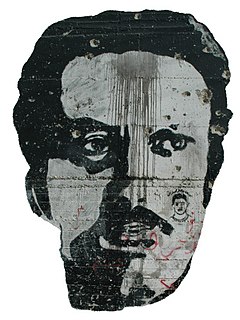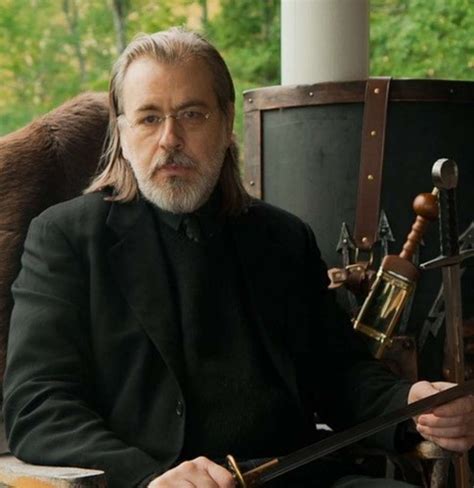A Quote by Katie Kitamura
Many novelists say, "I'm not a political novelist" - myself included. That's a standard, even a default position. Whereas that divide between art and politics simply isn't possible in many countries. In Hungary, you couldn't be a fiction writer and then, when asked about politics, put your hands up in the air and say "But I'm not a political novelist." If you're a Chinese novelist, a novelist in a country where censorship is such an issue, how do you claim that politics has nothing to do with your writing? It's in your writing, it's shaping your words.
Quote Topics
About
Air
Art
Asked
Between
Censorship
Chinese
Claim
Countries
Country
Default
Divide
Even
Fiction
Fiction Writer
Hands
Hands Up
How
Hungary
Included
Issue
Many
Myself
Nothing
Novelist
Novelists
Our Words
Political
Politics
Position
Possible
Put
Say
Shaping
Simply
Standard
Then
Up
Up In The Air
Whereas
Words
Writer
Writing
Your
Related Quotes
I can't define myself as a political writer - I don't think I've earned it, and I don't function as a political writer in the way that many of the writers I admire do. It's not simply a question of context, of where I'm writing from - there is much in American society that urgently needs to be written about. I think your work is always engaged with politics in the looser sense of the word - and that looseness is itself a kind of privilege - because politics and culture are evidently intertwined.
The professions of novelist and journalist are very separate. As a novelist, you are ultimately working for yourself. Yes, you need the approval of a publisher and an audience, but what is valued in fiction writing - style, individual voice, insight - is scorned by the editor who is combing through your newspaper article.
I write some art criticism, and one thing that's clear to me is that politics is fashionable in the American art world in a way it maybe isn't in American fiction. Your work of art becomes fashionable the moment it has some kind of political commentary. I think this has its dangers - the equation between fashion, politics, and art is problematic for obvious reasons. Nonetheless, the notion of politics as being de rigueur in the world of fiction is almost unthinkable. In fiction in America at the moment, the escape into whimsy is far more prevalent than the political.
Say you're an American novelist, published by the largest publishing house in the world. Their goal is to make as much money from you as possible, to have as many people read your book in as many formats as possible. How can you hope to speak intimately to the numbers of people that represent the book sales required?





































